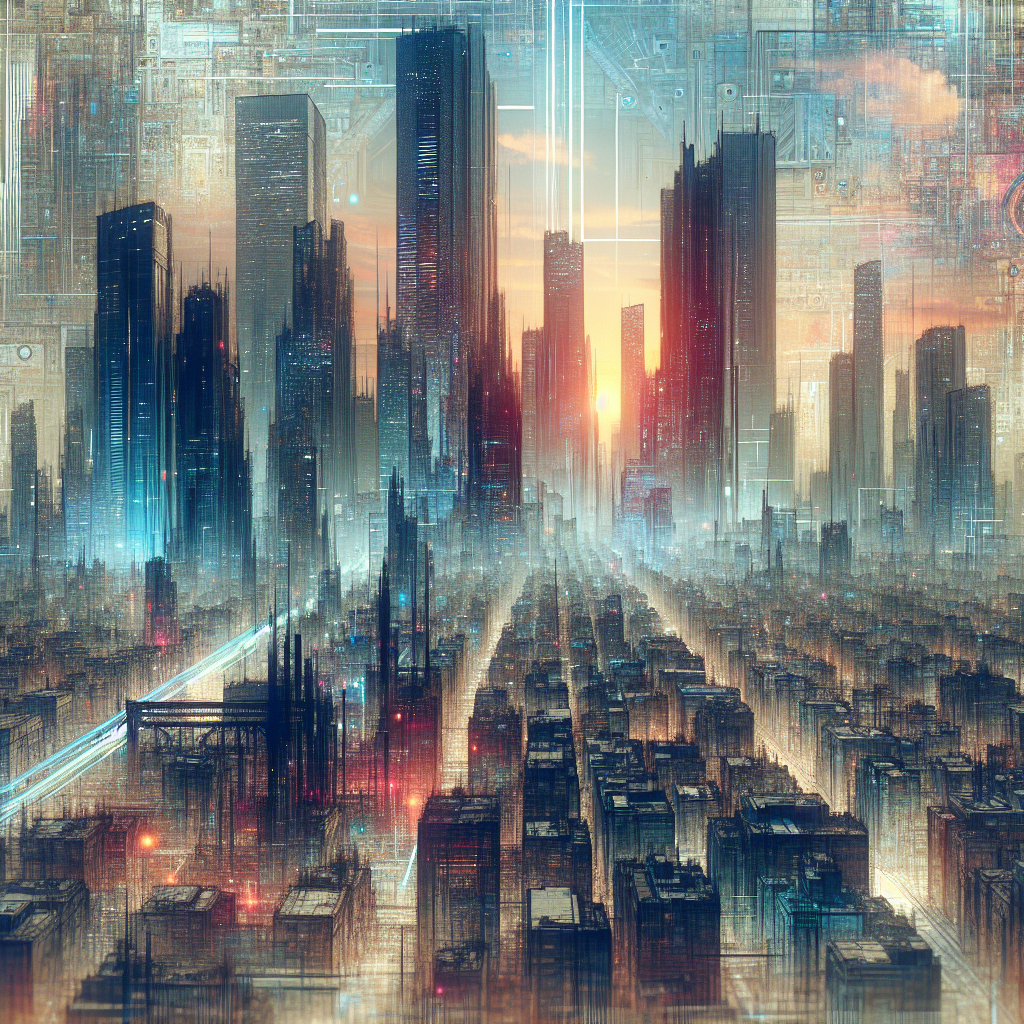The Illusion of AI Objectivity
In a world where AI is touted as the ultimate arbitrator, judges like Goddard find themselves at a crossroads. The allure of AI lies in its seemingly flawless logic and efficiency, yet beneath this veneer lurk errors and biases that could upend justice. These AI models, while designed to handle multiple tasks, often provide answers that sound plausible but are fundamentally flawed. The stakes for judges are unparalleled; a misstep could lead to public scandal and enduring impacts on those they are meant to serve.
Goddard’s awareness of AI’s pitfalls highlights a growing tension in the judiciary. The pressure to adopt AI tools is immense, driven by narratives that suggest AI’s objectivity might surpass human judgment. Yet, the fear of falling behind technologically looms large, compelling judges to weigh the risks of premature adoption against the dangers of obsolescence. In this digital age, the balance between embracing innovation and safeguarding justice is precarious.
A Looming Judicial Crisis
Judge Scott Schlegel warns of a ‘crisis waiting to happen’ as AI infiltrates the courtroom. He acknowledges technology’s potential to modernize legal proceedings but is acutely aware of AI’s propensity for error. The ramifications of AI-induced mistakes in rulings are dire, far surpassing those of attorneys’ errors. When a judge errs, it becomes law, with no simple remedy available. The irreversible nature of judicial decisions amplifies the risks associated with AI reliance.
Schlegel points to real-world examples where AI-generated mistakes went unnoticed, causing significant judicial blunders. In one case, a Georgia appellate court relied on fabricated cases, and a similar incident in New Jersey saw a federal judge withdrawing an opinion due to AI hallucinations. These errors, left unaddressed, could severely undermine public trust in the judicial system. Schlegel argues that while AI can assist with menial tasks, the essence of judicial work lies in human deliberation, a process AI cannot replicate.
The Transparency Paradox
Unlike attorneys, judges face little obligation to disclose the reasoning behind their decisions, even when AI errors are involved. This lack of transparency poses a significant threat to judicial integrity. A notable incident in Mississippi saw a judge issuing a corrected decision without explaining the initial errors, despite requests for clarification. Such opacity erodes confidence in the judiciary, as the public remains in the dark about the role AI plays in shaping legal outcomes.
The judiciary’s reluctance to embrace transparency in AI usage reflects a broader issue of accountability in tech-driven systems. As AI becomes more integrated into legal processes, the demand for openness grows. Without clear explanations for AI-related errors, the public’s faith in the justice system is at risk. Judges must navigate this new landscape carefully, ensuring that AI serves as a tool for enhancing, rather than diminishing, judicial credibility.
Reimagining Justice in a Digital Age
The integration of AI in the judiciary demands a reevaluation of justice itself. While AI can streamline certain aspects of legal work, its use in decision-making challenges the very foundation of judicial responsibility. Schlegel emphasizes that the core of judging is grappling with complex cases and making informed decisions, a task that cannot be outsourced to algorithms. The reliance on AI for initial drafts undermines the intellectual rigor required of judges.
As the justice system grapples with AI’s encroachment, a critical question emerges: how to harness technology without sacrificing human judgment? The path forward lies in striking a balance, utilizing AI for efficiency while preserving the human element essential to justice. Judges must be vigilant, treating AI-generated outputs as starting points rather than conclusions. In this digital dystopia, the preservation of justice depends on the careful integration of technology into the legal fabric.
Meta Facts
- •💡 AI models often produce plausible-sounding but incorrect answers.
- •💡 Judges’ errors become law, unlike attorneys who can be sanctioned.
- •💡 Judges face little obligation to disclose AI-related errors.
- •💡 AI reliance can undermine public trust in the judiciary.
- •💡 Judges must treat AI outputs as drafts, not definitive decisions.

